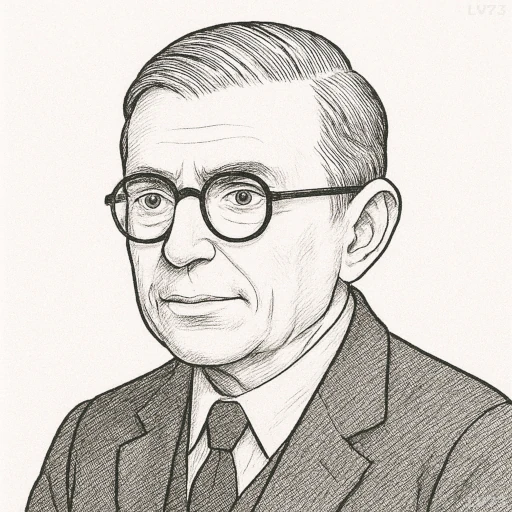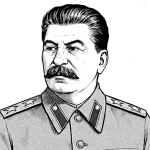“When the rich wage war, it’s the poor who die.”

- June 21, 1905 – April 15, 1980
- Born in France
- Philosopher, novelist, playwright
table of contents
Quote
“When the rich wage war, it’s the poor who die.”
Explanation
This quote by Sartre speaks to the social and economic inequalities that are often exacerbated by war. Sartre is highlighting the disproportionate burden borne by the poor during conflicts, as they are the ones who are sent to fight and die while the wealthy elite often remain removed from the violence. The phrase reflects Sartre’s deep concern with social justice and the systemic exploitation of the less privileged. It suggests that war is a tool used by the powerful to maintain their interests, and it is the marginalized who are sacrificed in the process. The poor are manipulated or forced into service, often in the name of ideals or national interests that they may not fully understand or agree with.
This quote also critiques the detachment of the wealthy from the realities of war. While the rich may benefit from the outcomes of war, whether through economic gain or expanded political influence, the poor experience the direct consequences of violence, suffering, and loss. Sartre’s words challenge the ethical implications of such a system, calling attention to the moral inequities in the way war is waged. The rich, in this framework, are seen as exploiters, using their wealth and power to control the means of conflict, while the poor are the victims who bear the cost of those decisions.
In modern times, this quote resonates with the disproportionate impact that war and global conflicts have on working-class communities. Whether in contemporary military conflicts or historical colonial wars, it remains evident that those who have the least to gain often bear the heaviest losses. The increasing privatization of war, where private contractors and corporate interests have a significant role in military engagements, further underscores Sartre’s argument. The poor, who are often the most vulnerable, continue to bear the weight of war’s destruction, while the wealthiest remain insulated from its full consequences.
Would you like to share your impressions or related stories about this quote in the comments section?



